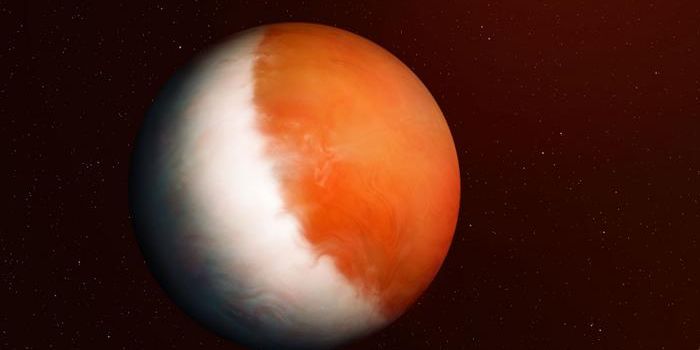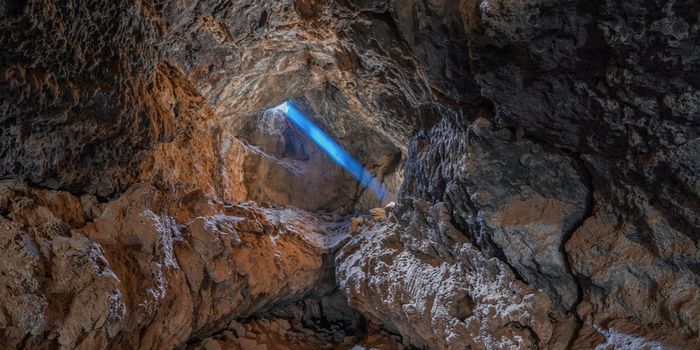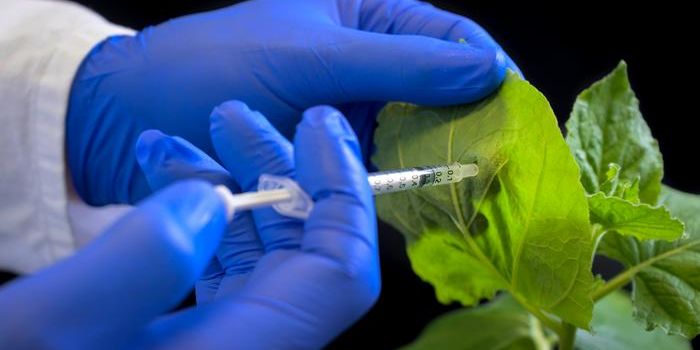2024 Heatwave: Coral Bleaching on Southern Great Barrier Reef
What impact do heatwaves have on coral reefs? This is what a recent study published in Limnology and Oceanography Letters hopes to address as a team of researchers from Australia investigated coral bleaching incidents in the southern Great Barrier Reef (GBR), which is located off the northeast coast of Australia, in the first few months of 2024, resulting from the 2023-24 global ocean heatwave. This study has the potential to help researchers, climate scientists, and the public better understand the short- and long-term impacts of climate change on global ocean ecosystems and the steps that can be taken to mitigate them.
For the study, the researchers monitored 462 coral reef colonies over a 161-day period ranging from the peak of the heatwave in early 2024 to cooler months later in 2024. In the end, they observed startling amounts of coral reef bleaching, with an increase of 66 percent bleached in February 2024 to 80 percent bleached in April 2024. Even more alarming were the increases of coral reef death between May and July from 44 percent to 53 percent, respectively. One coral reef colony experienced a death rate of 95 percent, meaning the colony was lost. Some positive observations were made, specifically a decrease in bleaching by July with only 31 percent still being bleached and 16 percent recovered by then, as well.
Image of unbleached coral in the southern Great Barrier Reef in April 2022. (Credit: The University of Sydney)
Image of bleached coral in the southern Great Barrier Reef in April 2024. (Credit: University of Sydney)
"Our findings underscore the urgent need for action to protect coral reefs, which are not only biodiversity hotspots but also crucial for food security and coastal protection. The southern Great Barrier Reef, despite its protected status, was not immune to the extreme heat stress that triggered this catastrophic bleaching event,” said Dr. Maria Byrne, who is a professor of marine biology at the University of Sydney and lead author of the study.
Coral reefs are vital for both marine ecosystems and human activities, as they provide the latter with coastal protection, along with tourism and fishing opportunities for local communities. Therefore, the researchers call for action to protect coral reefs as the damage from climate change continues to increase on a global level.
How will the southern Great Barrier Reef be impacted by heatwaves in the coming years and decades? Only time will tell, and this is why we science!
As always, keep doing science & keep looking up!










